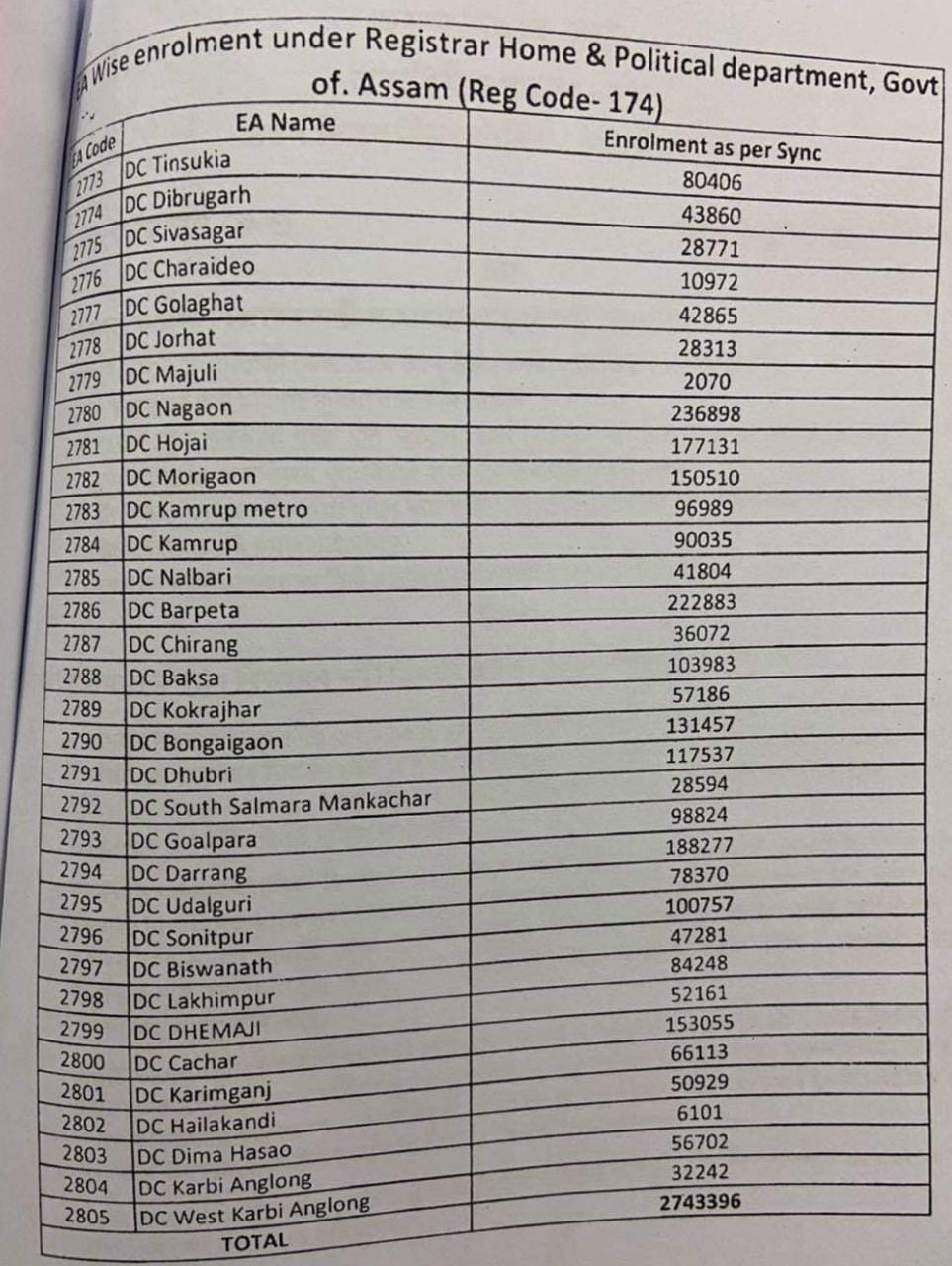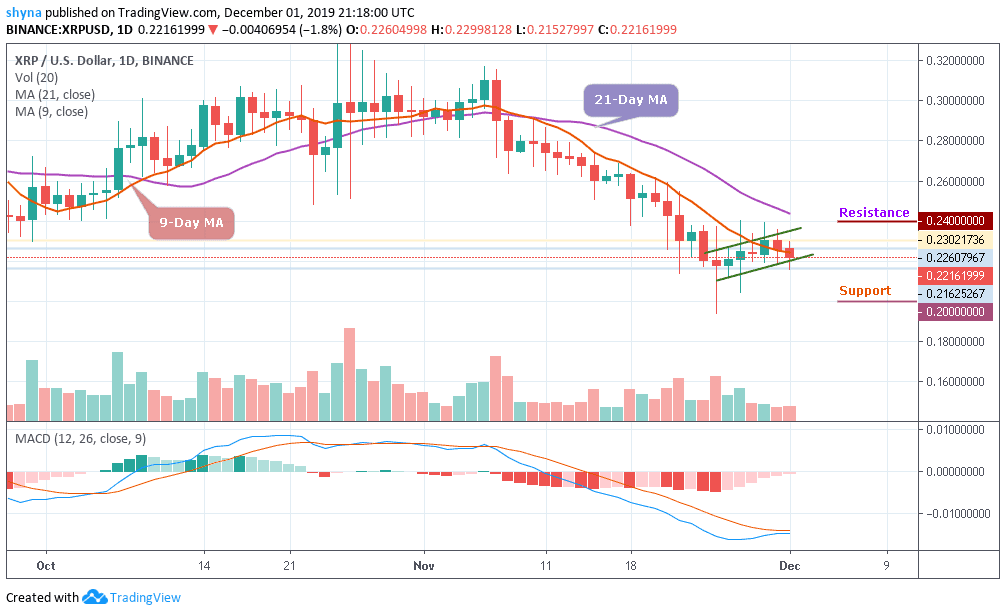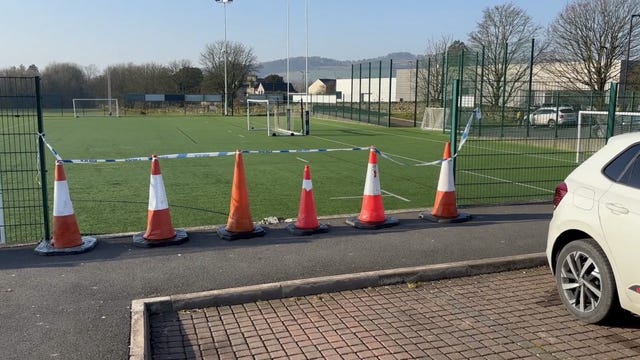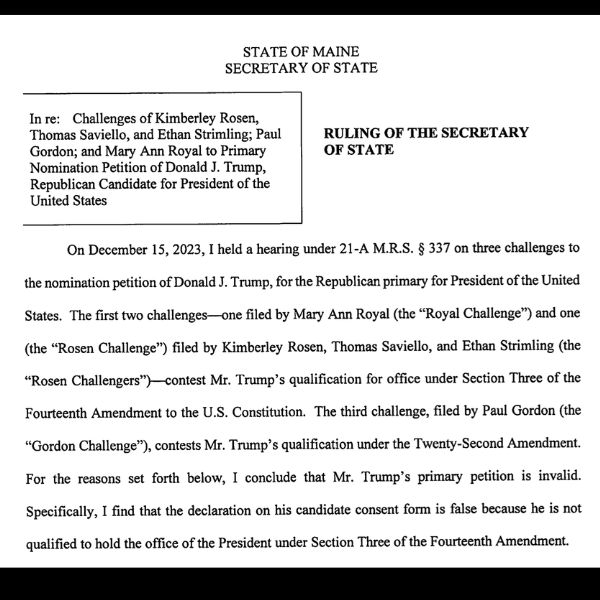Assam CM's Crackdown On Non-NRC Aadhaar Holders

Table of Contents
The National Register of Citizens (NRC) is a list of Indian citizens residing in Assam. Its purpose is to identify and document genuine Indian citizens, aiming to address concerns about illegal immigration, a deeply sensitive issue in the state. The current controversy stems directly from the Assam Chief Minister’s decision to focus on those possessing Aadhaar cards—a biometric identification system—but who were excluded from the NRC. This action has raised significant concerns among various groups.
The Rationale Behind the Assam CM's Decision
The Assam government justifies its crackdown on non-NRC Aadhaar holders by citing several reasons. These include addressing long-standing concerns about illegal immigration and bolstering national security. The initiative is presented as a measure to improve the accuracy of citizen databases and potentially reduce social welfare fraud. The political context is also undeniable; this action likely plays into the ongoing political discourse surrounding citizenship and national identity. The government aims to project an image of strong action against those deemed "illegal immigrants."
- Addressing illegal immigration concerns: The government argues that this action helps weed out individuals who may have entered India illegally.
- Improving national security: By identifying and potentially removing individuals not included in the NRC, the government claims to enhance national security.
- Enhancing the accuracy of citizen databases: The initiative aims to create a more accurate and reliable database of Indian citizens.
- Potential for reducing social welfare fraud: The government suggests that this action could curb fraudulent claims for government benefits.
Impact on Affected Individuals
The consequences for those excluded from the NRC, even with Aadhaar cards, are potentially devastating. They face significant challenges accessing essential government services, including healthcare and education. Finding employment becomes exponentially more difficult, as does navigating property ownership and other legal matters. The threat of displacement or even deportation looms large, creating immense psychological distress and uncertainty. Legal challenges are often complex and expensive, leaving many vulnerable individuals with little recourse.
- Loss of access to government services: Exclusion from the NRC can lead to denial of essential government services, creating hardship and vulnerability.
- Difficulties in obtaining employment or education: Lack of official citizenship documentation severely hinders access to employment and educational opportunities.
- Challenges related to property ownership and other legal matters: Individuals face significant challenges in establishing their rights to property and other legal entitlements.
- Potential for displacement or deportation: The most severe consequence is the potential for forced displacement or deportation, separating families and communities.
Public Reaction and Political Fallout
The Assam CM's initiative has triggered a mixed public reaction. While pro-NRC groups have largely expressed support, viewing it as a necessary step to maintain the integrity of citizenship, opposition parties and human rights organizations have voiced strong criticism. They highlight potential human rights violations and the risk of marginalizing vulnerable populations. Public demonstrations and protests have taken place, reflecting the deep division on this sensitive issue. The media has played a significant role in shaping public opinion, amplifying both support and opposition to the crackdown.
- Support from pro-NRC groups: Supporters believe the initiative is crucial for maintaining the integrity of the NRC and addressing illegal immigration.
- Criticism from opposition parties and human rights organizations: Critics raise concerns about human rights violations and potential discrimination against vulnerable communities.
- Public demonstrations and protests: The initiative has led to protests and demonstrations by groups opposing the government's action.
- Media coverage and public discourse: The media has extensively covered the initiative, fueling public discourse and debate on the issue.
Legal and Ethical Considerations
The legality of the Assam CM's actions is a subject of ongoing debate. Critics argue that the initiative may violate fundamental rights guaranteed under the Indian Constitution, including due process and the right to a fair hearing. The potential for discrimination and human rights violations is a significant ethical concern. The legal status of Aadhaar cards in relation to citizenship remains unclear, adding to the complexity of the issue. Several court cases are underway, challenging the legality and fairness of the government's actions.
- Due process and the right to fair hearing: Critics argue that the process lacks sufficient safeguards to ensure due process and a fair hearing for affected individuals.
- Potential for discrimination and human rights violations: The initiative raises serious concerns about potential discrimination and human rights abuses against vulnerable groups.
- The role of the judiciary in protecting citizen rights: The judiciary will play a crucial role in determining the legality of the government's actions and protecting the rights of affected individuals.
- The legal status of Aadhaar cards in relation to citizenship: The unclear legal status of Aadhaar cards in relation to citizenship adds to the complexity of the issue.
Conclusion: Understanding the Assam CM's Crackdown on Non-NRC Aadhaar Holders
The Assam CM's crackdown on non-NRC Aadhaar holders is a multifaceted issue with far-reaching implications. While the government aims to address concerns about illegal immigration and strengthen national security, the initiative raises significant ethical and legal concerns regarding human rights and due process. The impact on affected individuals is potentially severe, and the public and political reactions highlight the deep divisions within society. Understanding the nuances of this complex situation requires careful consideration of the various perspectives and potential long-term consequences. To further your understanding, explore resources from reputable human rights organizations and legal experts analyzing the legal challenges surrounding the NRC and Aadhaar. Continue to learn more about the ongoing debates and implications of the Assam CM's crackdown on non-NRC Aadhaar holders – it’s a crucial issue shaping the future of Assam and India.

Featured Posts
-
 Kocaeli 1 Mayis Kutlamalar Ve Olaylar
May 02, 2025
Kocaeli 1 Mayis Kutlamalar Ve Olaylar
May 02, 2025 -
 Where To Watch Belgium Vs England Tv Channel Kick Off Time And Streaming
May 02, 2025
Where To Watch Belgium Vs England Tv Channel Kick Off Time And Streaming
May 02, 2025 -
 Is Now The Time To Buy Xrp Ripple At Under 3
May 02, 2025
Is Now The Time To Buy Xrp Ripple At Under 3
May 02, 2025 -
 Doubled Donations Poppy Atkinson Fundraiser Update From Kendal
May 02, 2025
Doubled Donations Poppy Atkinson Fundraiser Update From Kendal
May 02, 2025 -
 Digitalisez Vos Thes Dansants Un Guide Complet
May 02, 2025
Digitalisez Vos Thes Dansants Un Guide Complet
May 02, 2025
Latest Posts
-
 The 2024 Election Abu Jinapor On The Npps Unexpected Defeat
May 02, 2025
The 2024 Election Abu Jinapor On The Npps Unexpected Defeat
May 02, 2025 -
 Analysis Abu Jinapors Reaction To The Npps 2024 Election Setback
May 02, 2025
Analysis Abu Jinapors Reaction To The Npps 2024 Election Setback
May 02, 2025 -
 Jinapor On Npps 2024 Election Loss A Difficult Reality
May 02, 2025
Jinapor On Npps 2024 Election Loss A Difficult Reality
May 02, 2025 -
 Examining Maines Inaugural Post Election Audit
May 02, 2025
Examining Maines Inaugural Post Election Audit
May 02, 2025 -
 Post Election Audit Pilot Program Begins In Maine
May 02, 2025
Post Election Audit Pilot Program Begins In Maine
May 02, 2025
